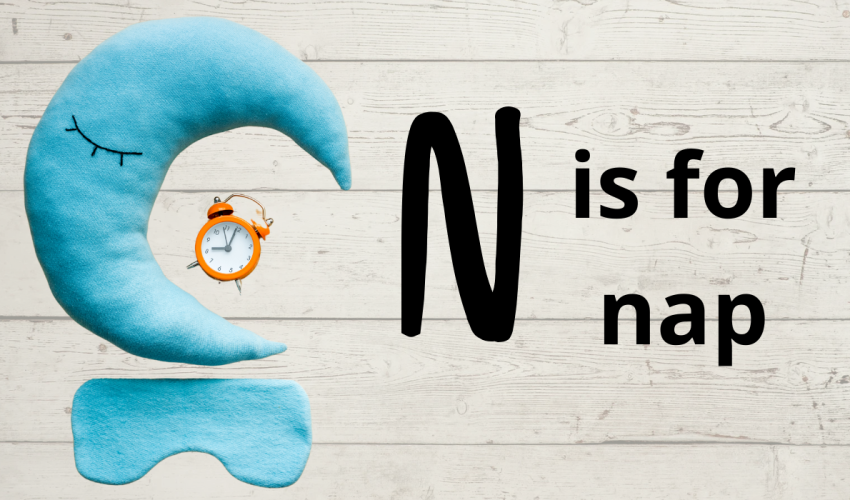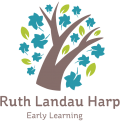
N is for Nap Time: Why Rest Matters for Growing Minds
Naptime—I wish I had more of it!
As adults, we understand the importance of a good sleep in helping us: feel re-stored, re-energised and ready to take on the challenges of the day. For children, the benefits of sleep go even deeper—and the consequences of not getting enough rest can be more significant.
The Science Behind Sleep
According to research from the American Sleep Foundation, sleep plays a crucial role in the healthy development of young minds. In fact, it impacts everything from mood and memory to vocabulary acquisition and motor skill development. For toddlers in particular, naps are considered a developmental necessity.
“In toddlers, napping appears to be necessary for memory consolidation, executive attention, and motor skill development.”
— SleepFoundation.org
The American Academy of Paediatrics also warns that “even small amounts of sleep deprivation can have a big impact on children. In some cases, a lack of rest can even mimic behaviours associated with ADHD—affecting a child’s ability to learn, focus, and regulate emotions.”
How Does our Early Learning Services Support Sleep?
At our Early Learning Service, we take sleep and rest time seriously. Our approach is guided by several key frameworks and resources:
- National Quality Standards (NQS)
- Centre Policy on Sleep and Rest
- The United Nations Convention on the Rights of the Child (UNCROC)
Under Quality Area 2: Children’s Health and Safety, there’s a clear directive:
Element 2.1.1 – Wellbeing and Comfort:
Each child’s wellbeing and comfort is provided for, including appropriate opportunities to meet each child’s need for sleep, rest and relaxation.
For Educators this means :
- Tuning in to each child’s individual sleep needs
- Recognising signs of tiredness
- Using information from families about children’s routines
- Responding to children’s verbal and non-verbal cues
- Never denying a child the chance to rest or sleep
Protected by Policy!
To ensure that this standard is met, the service is supported by policies, detailing best practice, in relation to children and sleep. These are guided by current research and advice from expert bodies.
Rest as a Right, Not a Privilege!
Sleep is more than just a part of the daily routine—it’s a right. According to Article 31 of the United Nations Convention on the Rights of the Child:
“You have the right to play and rest.”
As educators and caregivers, it’s our role to uphold this right, ensuring every child in our care has a safe, nurturing environment where their rest needs are respected and supported.
We know that rested children are happy learners and adequate opportunities for sleep, rest and relaxation are vital building blocks for healthy development.
Champions for Children!
As with all of our practices, it is the wellbeing and the rights of each child at the heart of what we do.
Meeting their needs, following their cues, supporting best outcomes for them.
If we can support your need for more information regarding sleep please let us know. See also links below.
https://www.betterhealth.vic.gov.au/health/healthyliving/sleep-children-and-naps
https://kidshealth.org/en/parents/naps.html
https://raisingchildren.net.au/newborns/sleep/understanding-sleep/about-sleep







